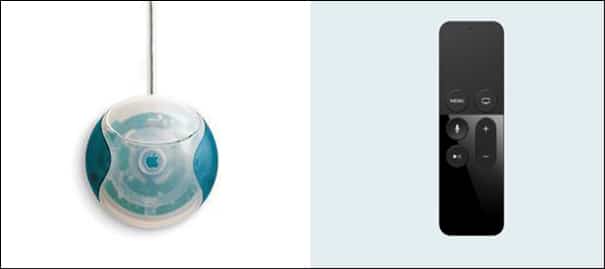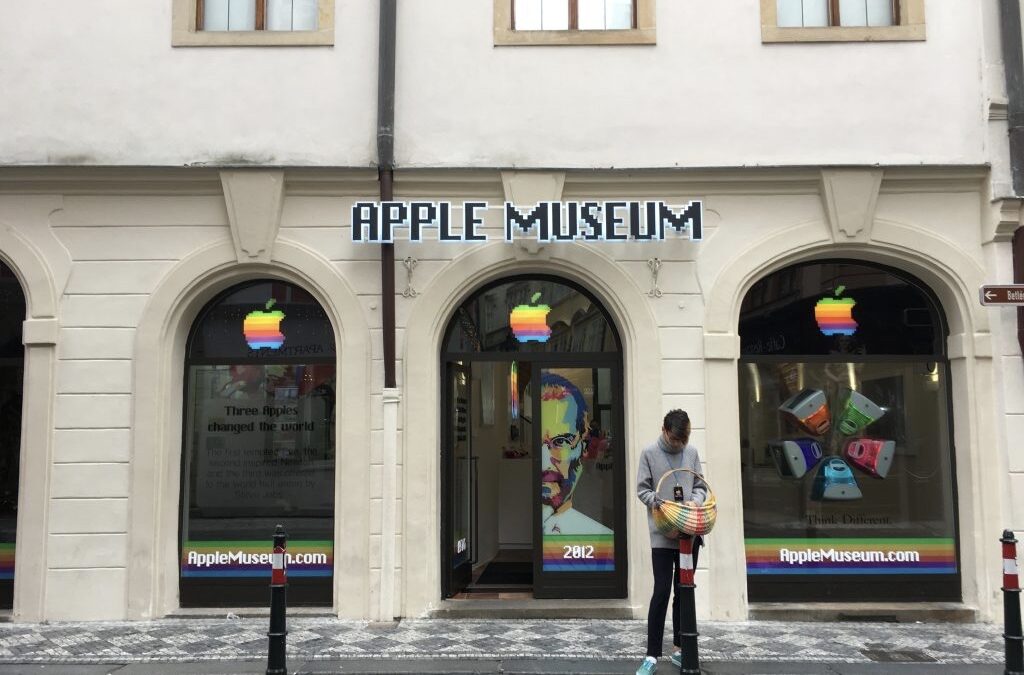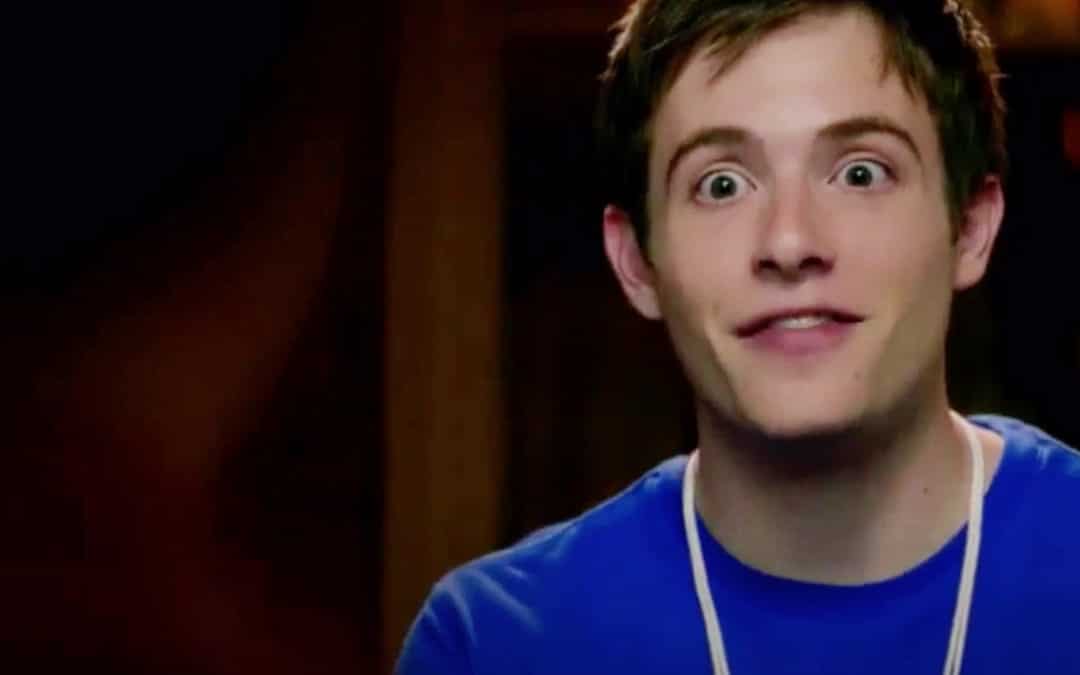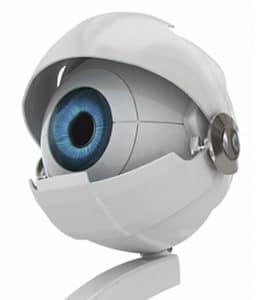[Update 7/23/12: Apple has pulled all of the Genius ads from its website and YouTube channel. Personal postings have been removed as well. Sorry, looks like all evidence has been destroyed.]
Repeat after me: “The sky is not falling. The sky is not falling.”
I know it’s hard to say after viewing the new batch of Mac ads that debuted on the Olympics. I’m still in a bit of shock myself.
Sure, Apple has had a low point or two in its advertising past — but its low points are usually higher than most advertisers’ high points.
This is different. These ads are causing a widespread gagging response, and deservedly so. I honestly can’t remember a single Apple campaign that’s been received so poorly.
This thing is so upsetting, it has me talking to myself:
“Ken, you’re missing the obvious. Clearly these ads are targeted at first-timers, not for you.”
That’s a seemingly logical defense. It’s also a horrible one. How many great campaigns have you seen that appeal to one target group, but turn off everyone else? There’s no excuse for a campaign like that. Apple’s momentum is fueled by the enthusiasm of its core customers. The last thing it wants is to win new customers at the cost of looking ridiculous to its enthusiastic supporters.
“But how can one campaign appeal to both crowds?”
How soon we forget. If it pleases the court, I present Exhibit A: the now-legendary Mac vs. PC campaign, which delivered 66 fantastic ads over a period of four years. Like the new campaign, Mac vs. PC was also aimed at switchers, but guess what — it was a massive hit with every level of Mac owner, from novice to pro. Those ads actually galvanized the Mac crowd to heavy up on the preaching. And look at the iPad ads. They’re hugely attractive to people who never got the technology bug. But they’re also alluring to those who have been using computers for years. Hmm. Maybe it can be done? To defend the new Mac ads by saying “Hey, they’re not aimed at you” is just a naive view of advertising.
“The Apple Genius idea is really rich. What’s your problem?”
The concept itself isn’t horrifyingly terrible. (The nicest thing I can say about the campaign.) The problem is, a good concept is only half of the winning formula in advertising. The other half is execution — and that’s where this campaign went south.
“Be honest now. That Genius guy is perfectly cast.”
You’re kidding, right? He does an excellent job of fitting the stereotype of an Apple Store Genius, but that’s not necessarily a good thing. These spots are actually cast as if they’re sitcoms — with exaggerated characters like the father-to-be in Labor Day, or the passenger in Mayday, or the sleezy PC store owner in Basically. The spots try to make their points through comedy alone, with little sense of authenticity in characters or situations.
“I laughed out loud more than once.”
I did think that concept of Mayday was funny. But the smiles were mighty hard to come by after that. If you’re going to go the sitcom route — and that’s a very big “if” — you’ll need some writers who are up to the task. The script for Basically just makes me squirm. It’s like going to open mike night at the local comedy club.
“I did wonder if it was a good idea to make customers seem so clueless.”
Therein lies another problem with this campaign. In the effort to show that the Genius is the most helpful guy in the world, Apple has created customers who, shall we say, are on the dim side. In past ads, Apple has shown “ordinary people doing extraordinary things,” simply because Apple products are so easy to use. Now we have thick people who want to be better, but need a Genius to help. Not exactly flattering.
“But the Genius is a great hook. This campaign could go on forever.”
Please, kill me now. Nothing would depress me more. With the Mac vs. PC campaign, Apple created fictional characters who together told an engaging story. There seemed to be infinite ways to keep the stories fresh. This is different. The idea of creating a “character” from an Apple employee is… well…. damn, I can’t even say this without feeling awful… it feels like something Best Buy would do. Maybe even Dell. Between the writing, casting, directing and production, this campaign has a very “local” feel to it. It doesn’t have the feel of quality that has defined previous Apple advertising.
“These ads are very unexpected. Isn’t that what Apple’s all about?”
It’s great to be unexpected. But if you’re not true to the brand, being unexpected just makes you look silly. The Mac vs. PC campaign was unexpected, but its cleverness was in sync with the Apple brand. Absolutely, these ads are very unexpected for Apple — just not of the quality we’re used to.
“You don’t think these ads are a hoot? Some of the gags hit my funny bone.”
You’re scaring me. Stop talking like that. The point is that Apple has always had an intelligent wit. This campaign, not so much.
“My friends think it’s great.”
Well, I can only give you my opinion. However, I will add that within 24 hours of these ads hitting the air, I got a load of email from Apple fans who were terribly disappointed. Not one positive comment. What I did get were comments like “I’m speechless,” “Atrocity” and “Horrifically bad.” Honestly, I’ve never seen such a reaction before. So again, if your defense is that people like us are not the target, snap out of it. I seriously doubt that Apple wants its loyal customers to feel this kind of embarrassment.
“Well, your friends are as deluded as you.”
I’ll pretend I didn’t hear that. The reactions out in the real world seem to be at least as negative as the ones I’ve received. I was struck by the Tweet from Jean Louis–Gassée, former Apple head of Macintosh, which said “Ouch! Cringe-inducing new Apple ‘Genius’ ads for Mac.” Reader comments on various articles are even more colorfully negative. Apple can’t be happy about this.
“Sorry, but Apple and its agency have a lot of smart people. Surely they know what they’re doing.”
I’m totally with you on that. That’s what so many people find perplexing. How does a campaign like this come out of such a smart and creative group? One can’t help but wonder what kind of debate took place leading up to this. Or maybe there was no debate and all parties thought this would be a killer campaign. If that’s the case, I hope this experience causes some serious introspection.
“Do you think Steve Jobs would have approved these ads?”
Now you’re making me mad. I will never answer a “What would Steve do” question and I hate it when people speculate like that. None of us can possibly know what Steve would do. Steve was a master marketer, but he was also perfectly capable of a lapse in judgment. It’s unfortunate that this campaign is appearing now, nine months after Steve passed away, because the timing only fuels the argument that everything will crumble now that Steve is gone. I don’t buy that.
The truth is, advertising is hard. A lot of really talented people at Chiat pour their hearts into creating the ads that we critique. As you know, Apple’s ads succeed far more often than they fail — just like Apple itself. Every one of us, Steve Jobs included, has experienced failure. It may sound trite, but it’s how one responds to failure and what one learns from the experience that defines character, whether you’re an individual or a corporation.
“So is the sky falling or not? You’re confusing me.”
The fact is, bad ads happen. And sometimes they happen to really good people. The tragedy would be if Apple acted like a politician and dug in its heels for the sake of appearances. I don’t think that will happen. Apple is good at fixing mistakes — and this is one that could use a major-league fixing.





